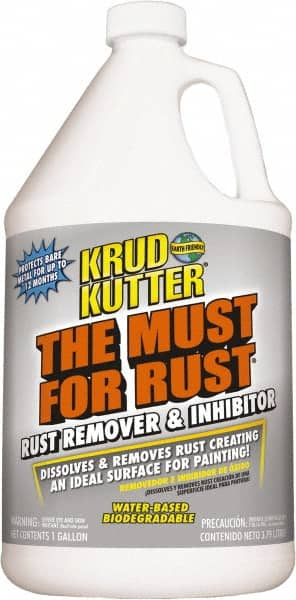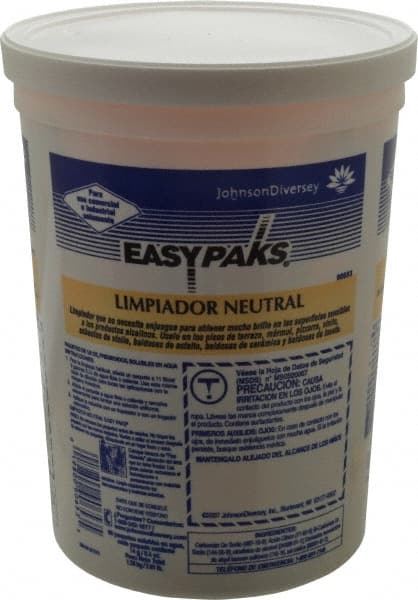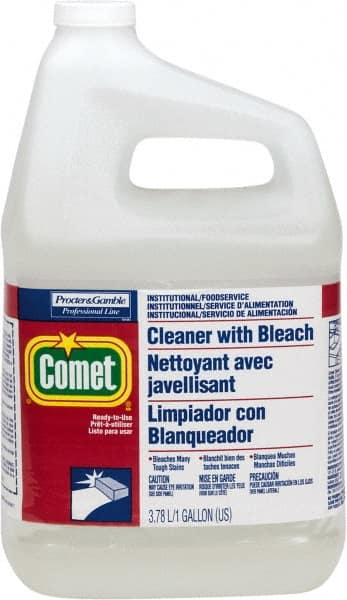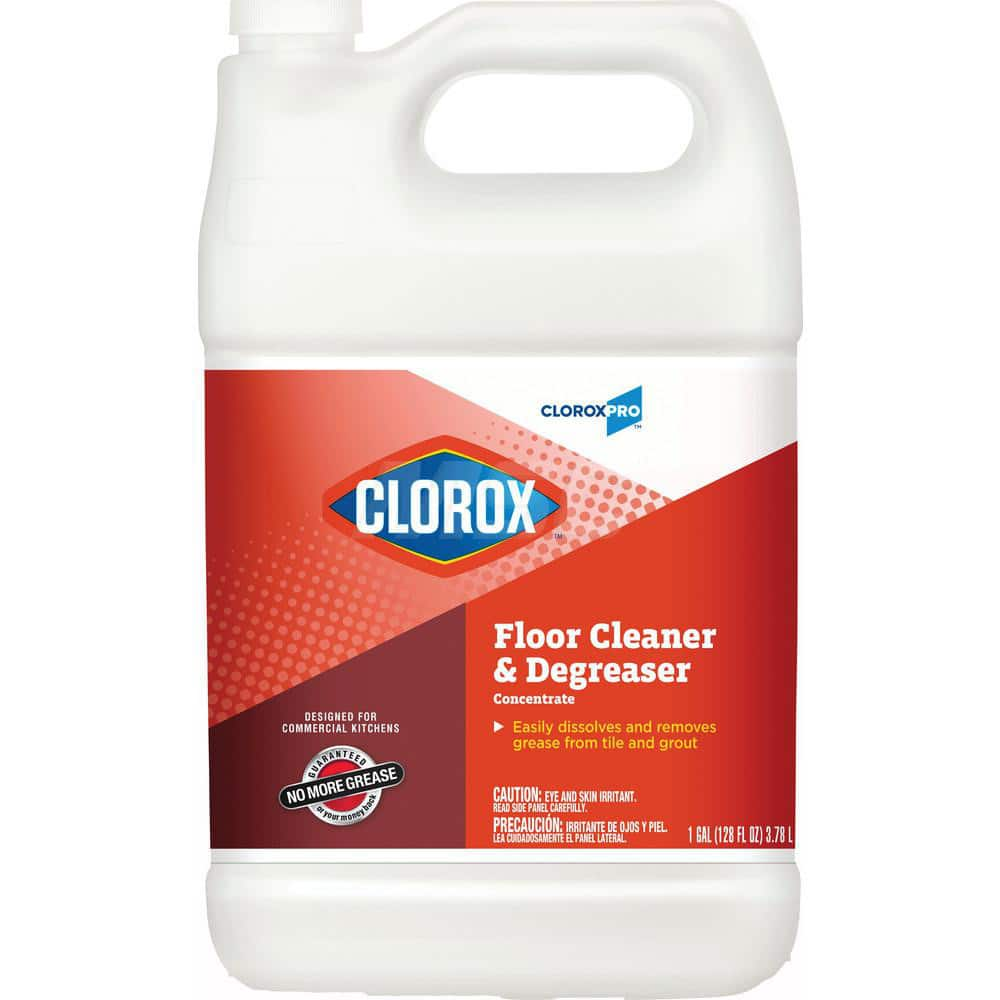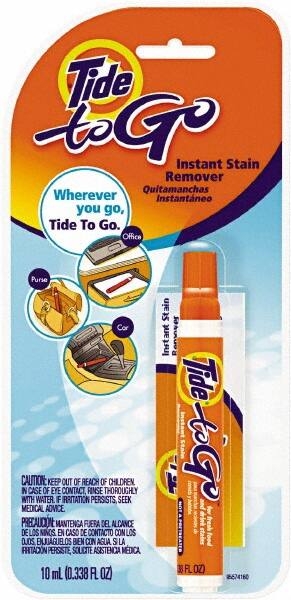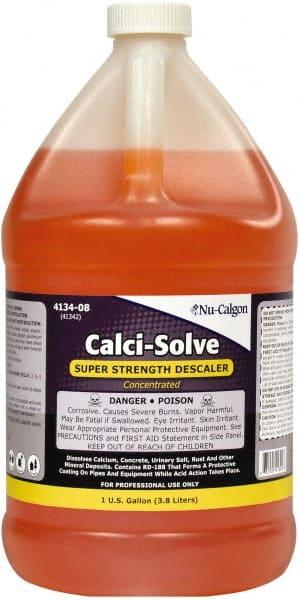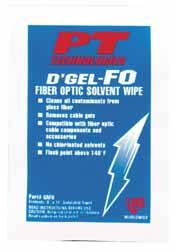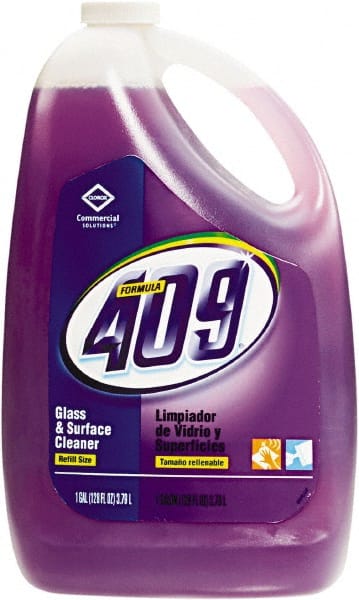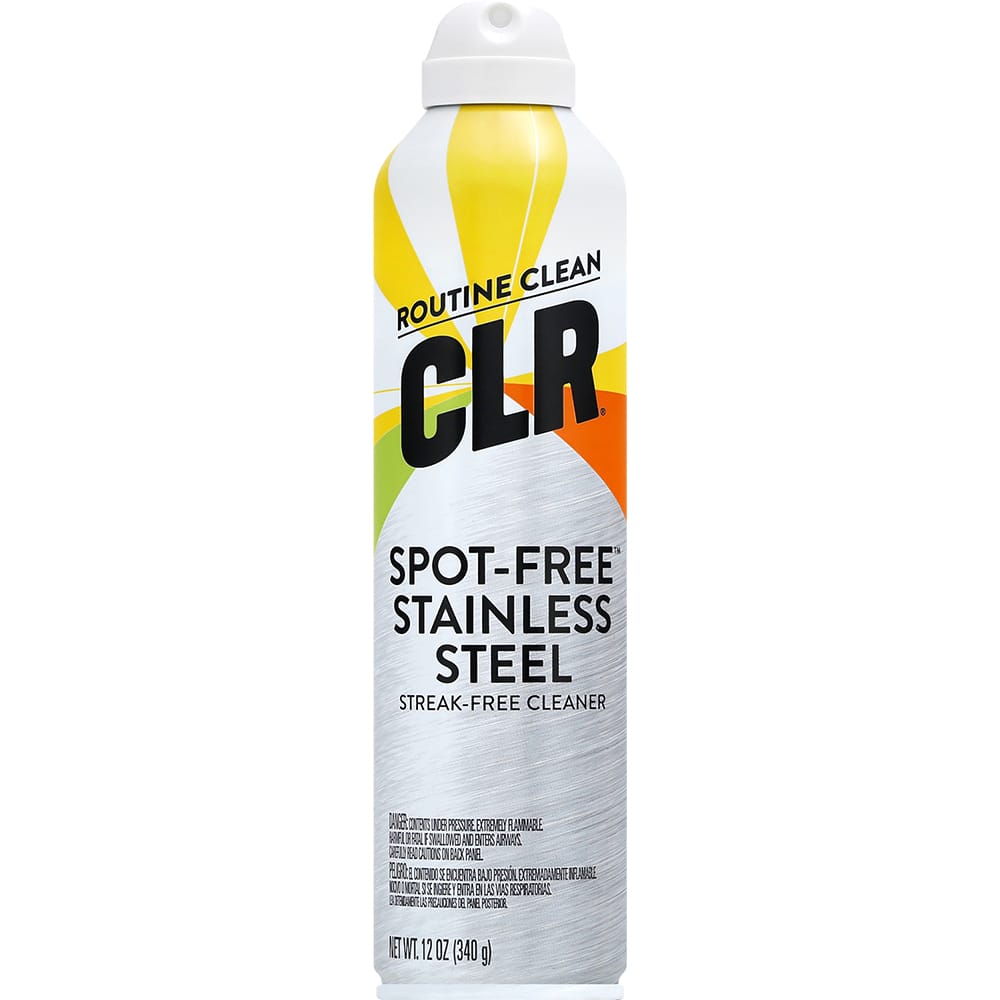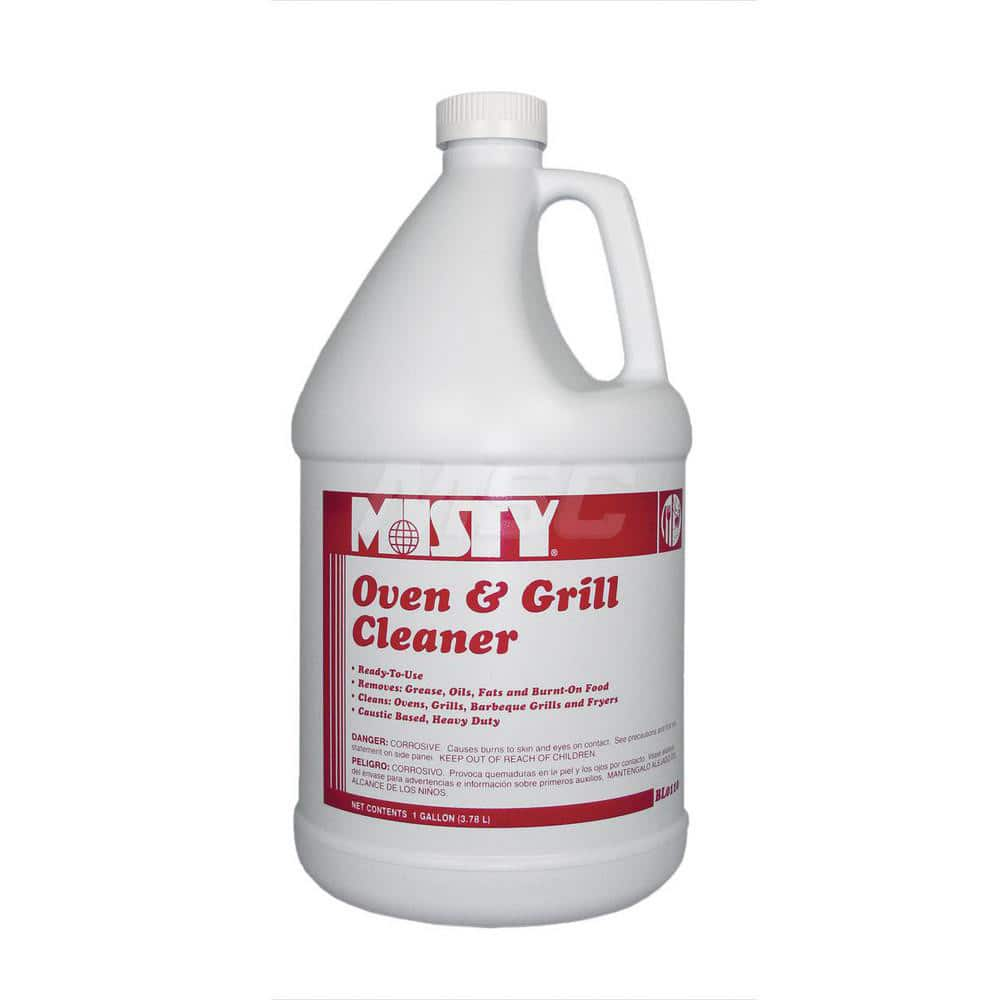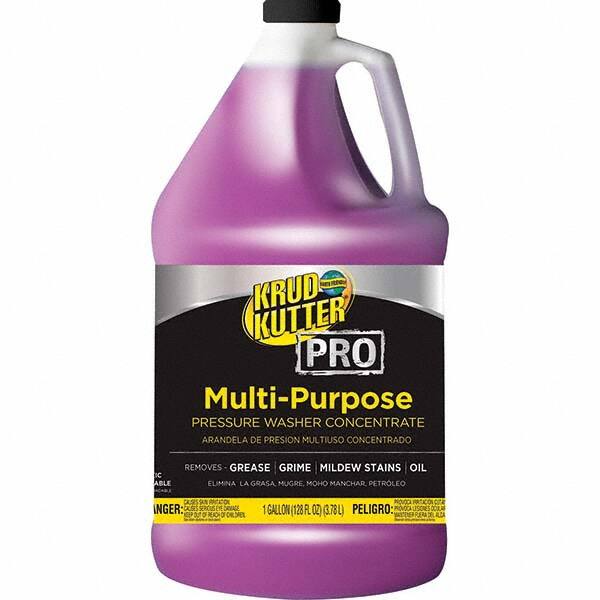The Ultimate Guide to Cleaning and Removing Concrete Stains: Top Tips, Products, and Techniques
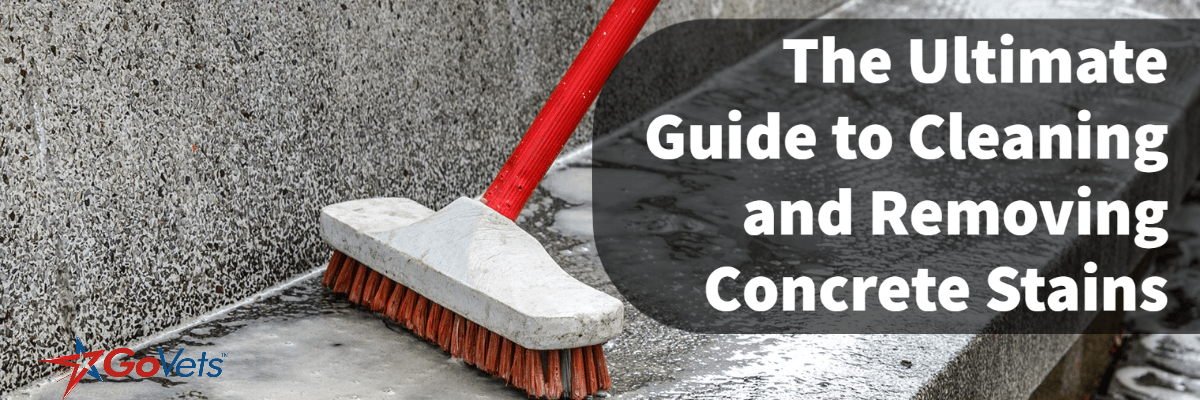
Introduction
Concrete surfaces are known for their durability and low maintenance. However, over time, stains can accumulate and mar the appearance of concrete floors, sidewalks, and garages. To maintain the pristine condition of concrete, regular cleaning and stain removal are essential. In this comprehensive guide, we will explore the top criteria for cleaning and removing concrete stains, the different types of cleaners and stain removers, the leading brands in the industry, the best online stores to purchase cleaning supplies, effective ways to prevent and minimize stains, storage maintenance tips, and important considerations regarding the shelf life of cleaning products. By following these guidelines, you can keep your concrete surfaces looking fresh and stain-free for years to come.
Table of Contents
- The Top 10 Criteria to Clean and Remove Concrete Stains
- Different Types of Cleaners and Stain Removers
- pH-Neutral Cleaners
- Acidic Cleaners
- Alkaline Degreasers
- Enzymatic Cleaners
- Specialty Cleaners
- Top Brands for Cleaning and Removing Stains
- Best Online Stores for Stain Removal and Cleaning Supplies
- The Top 10 Ways to Prevent Stains on Concrete
- The Top 10 Ways to Minimize Damage from Concrete Stains
- Helpful Storage Maintenance Tips for Stain Removal and Cleaning Products
- Shelf Life of Cleaning Products: How Long Can They Be Stored?
- Final Thoughts
- Product & Category Recommendations on GoVets
1. The Top 10 Criteria to Clean and Remove Concrete Stains
When it comes to cleaning and removing concrete stains, certain criteria should be considered to ensure effective and safe stain removal. By following these top 10 criteria, you can tackle concrete stains with confidence and achieve optimal results:
- Identify the type of concrete finish: Before starting the cleaning process, it is crucial to determine the type of concrete finish you are dealing with. Sealed, unsealed, polished, stained, or painted concrete each require specific cleaning approaches to avoid damage and achieve the best results.
- Determine the nature of the stain: Understanding the nature of the stain is essential for selecting the appropriate cleaning method and product. Different stains, such as grease, oil, rust, mold, or water stains, may require specific treatments to effectively remove them.
- Use appropriate protective equipment: Concrete cleaners and stain removers can contain harsh chemicals that may be harmful if not handled properly. Always wear appropriate protective equipment such as gloves, goggles, and a respirator to protect yourself from potential hazards.
- Remove loose dirt and debris: Before applying any cleaning solution, it is important to remove loose dirt and debris from the concrete surface. Use a broom, dust mop, or wet/dry vacuum to sweep or vacuum the area, ensuring a clean starting point.
- Spot treat stains with suitable cleaners: Depending on the type of stain, choose an appropriate cleaner or stain remover. pH-neutral cleaners work well for general cleaning on unsealed concrete, while acidic cleaners are effective for removing dirt and stains. Alkaline degreasers are ideal for grease and oil stains, while specialty cleaners target specific stains like rust, mold, or mildew.
- Allow the concrete to dry properly: After spot treating the stains, allow the concrete to dry thoroughly. This step is crucial before assessing the effectiveness of the cleaning process and deciding whether further treatment is required.
- Employ pressure washing for tough stains: For stubborn stains or heavily soiled areas, consider using a pressure washer along with a suitable detergent or cleaning solution. Adjust the pressure carefully to avoid damaging the concrete surface, and always wear protective gear when using a pressure washer.
- Apply wax or sealer: To provide added protection against future stains, consider applying a wax or sealer to the cleaned concrete surface. This protective coating can make it easier to maintain and prevent stains from penetrating the concrete's porous surface.
- Test stain removers before use: Before applying any stain remover or cleaner to the entire stained area, it is essential to perform a patch test in an inconspicuous area. This test will help ensure that the product does not discolor or damage the concrete surface.
- Seek professional help when needed: In some cases, particularly for severe or stubborn stains, it may be necessary to seek professional assistance. Professional concrete cleaning and stain removal services have the expertise, specialized equipment, and knowledge to handle challenging stains effectively.
By adhering to these top 10 criteria, you can approach concrete stain cleaning and removal with confidence, ensuring the best possible outcome. Remember to consider the type of concrete finish, choose the appropriate cleaning products, protect yourself with proper equipment, and take necessary precautions to prevent further damage or harm. With the right approach, your concrete surfaces will be restored to their original beauty.
2. Different Types of Cleaners and Stain Removers
When it comes to cleaning and removing stains from concrete, using the right type of cleaner or stain remover is crucial. Different types of stains require different approaches for effective removal. Here are the various types of cleaners and stain removers commonly used for concrete surfaces:
a) pH-Neutral Cleaners
pH-neutral cleaners are mild and versatile, making them suitable for regular maintenance of unsealed concrete surfaces without embedded dirt. These cleaners are formulated to be gentle and non-reactive, ensuring they won't damage the concrete or strip away any existing sealers. pH-neutral cleaners are effective in removing light surface stains, dirt, and grime, making them a go-to option for routine cleaning.
b) Acidic Cleaners
Acidic cleaners are specifically designed to tackle tougher stains and contamination on concrete surfaces. These cleaners contain acids like hydrochloric acid or phosphoric acid, which help break down and dissolve mineral deposits, rust, hard water stains, and efflorescence. Acidic cleaners are effective for deep cleaning and restoring the appearance of stained or weathered concrete. However, they should be used with caution, as they can be corrosive and may etch the concrete if left for too long or used improperly.
c) Alkaline Degreasers
Alkaline degreasers are powerful cleaners that excel at removing grease, oil, and other organic stains from concrete surfaces. They work by breaking down and emulsifying the greasy substances, making them easier to rinse away. Alkaline degreasers are commonly used in garages, driveways, and industrial settings where oil and grease stains are prevalent. These cleaners help neutralize the concrete surface after using acidic cleaners, restoring the pH balance.
d) Enzymatic Cleaners
Enzymatic cleaners are a popular choice for removing specific types of stains, such as organic stains, urine, pet messes, and food spills. These cleaners contain enzymes that break down the organic compounds at a molecular level, effectively eliminating the stains and odors. Enzymatic cleaners are typically biodegradable and environmentally friendly, making them a preferred option for those seeking more sustainable cleaning solutions.
e) Specialty Cleaners
Specialty cleaners are specifically formulated to target and remove particular types of stains that may be challenging to address with general-purpose cleaners. These include cleaners designed to remove rust, mold, mildew, efflorescence, tire marks, paint, and other stubborn stains. Specialty cleaners often come in concentrated forms and may require specific application methods or longer dwell times to effectively remove the stains. It is important to follow the manufacturer's instructions when using these cleaners to ensure safe and optimal results. When using any type of cleaner or stain remover on concrete surfaces, it is essential to read and follow the manufacturer's instructions carefully. Some cleaners may require dilution with water, while others may need to be applied directly to the stained area. Additionally, it is advisable to test the cleaner on a small, inconspicuous area of the concrete first to ensure it does not cause discoloration or damage. Remember to always wear appropriate protective equipment, such as chemical-resistant gloves and safety goggles, when handling cleaning chemicals. Proper ventilation is also important, especially when working in enclosed areas. By understanding the different types of cleaners and stain removers available, you can choose the most suitable product for your specific cleaning needs. Whether you're dealing with light surface stains or stubborn, deep-set contaminants, selecting the right cleaner will ensure efficient and successful stain removal from your concrete surfaces.
3. Top 25 Brands for Cleaning and Removing Stains
When it comes to cleaning and removing stains from concrete surfaces, there are several trusted brands in the industry known for their effective products. Here are 25 top brands that offer a wide range of cleaners and stain removers:
- Lysol: Lysol is a household name known for its disinfecting products that can also be used to clean and remove stains from various surfaces.
- Zep: Zep offers professional-grade cleaning solutions, including stain removers that are highly effective on tough stains.
- Simple Green: Simple Green is known for its environmentally-friendly cleaning products, including concrete cleaners and stain removers.
- CLR: CLR specializes in products for removing calcium, lime, and rust stains, making it an excellent choice for tackling tough stains on concrete surfaces.
- Clorox: Clorox offers a range of cleaning products, including stain removers, that are effective on various types of stains, including those on concrete.
- Tide: While Tide is primarily known for its laundry detergent, it also offers stain removers that can be effective on concrete stains.
- Mr. Clean: Mr. Clean is a well-known brand for general-purpose cleaners and offers products that can help remove stains from concrete surfaces.
- OxiClean: OxiClean is a popular brand that specializes in stain removers, including those suitable for removing tough stains on concrete.
- Seventh Generation: Seventh Generation offers environmentally-friendly cleaning products, including concrete cleaners that are safe to use and effective on stains.
- Method: Method is another brand that focuses on eco-friendly cleaning solutions, with products that can effectively clean and remove stains from concrete surfaces.
- Windex: While Windex is primarily associated with glass cleaners, it also offers multi-surface cleaners that can be used on concrete and help remove stains.
- Scotch-Brite: Scotch-Brite is a trusted brand for cleaning tools, including scrub brushes and pads that can assist in stain removal from concrete surfaces.
- Bar Keepers Friend: Bar Keepers Friend specializes in cleaning products, including stain removers, that are effective on a wide range of surfaces, including concrete.
- Armor All: Armor All is known for its automotive care products, including cleaners and protectants that can be used to clean and maintain concrete surfaces.
- Kaboom: Kaboom offers a range of cleaning products, including stain removers, that are specifically designed for bathroom and household surfaces, including concrete.
- Stoner: Stoner offers a variety of cleaning products, including those designed for automotive and household applications, which can effectively remove stains from concrete surfaces.
- Diversey: Diversey is a commercial cleaning brand that offers professional-grade cleaners and stain removers suitable for concrete surfaces.
- Folex: Folex specializes in carpet and upholstery cleaners, but their products can also be effective in removing stains from concrete surfaces.
- Krud Kutter: Krud Kutter offers a range of tough cleaning products, including stain removers, that are known for their effectiveness on a variety of surfaces, including concrete.
- Black Diamond Stoneworks: Black Diamond Stoneworks focuses on cleaning and maintenance products specifically designed for stone and concrete surfaces.
- Chem-Dry: Chem-Dry is a professional carpet and upholstery cleaning brand that also offers stain removal services for concrete surfaces.
- Shout: Shout is a well-known brand for stain removal, with products that can be effective in treating and removing stains from concrete.
- Murphy Oil Soap: Murphy Oil Soap is known for its wood cleaning products, but it can also be used to clean and remove stains from sealed concrete surfaces.
- Bissell: Bissell is a trusted brand for floor care products, including cleaners that are suitable for removing stains from concrete floors.
4. Top Online Stores to Purchase Stain Removal Items
When it comes to purchasing stain removal items, online stores offer a convenient and wide-ranging selection of products. Here are some of the top online stores where you can find stain removal items:
- Amazon: Amazon is a popular online marketplace that offers a vast selection of stain removal products from various brands. With customer reviews and ratings, it provides a reliable platform for purchasing stain removal items.
- GoVets: GoVets.com is a trusted online marketplace that provides a wide range of cleaning and stain removal products. They offer an extensive selection of items suitable for concrete surfaces, making it a reliable option for purchasing cleaning supplies.
- Home Depot: Home Depot is a well-known home improvement retailer that offers an extensive range of cleaning and stain removal products, including those specifically designed for concrete surfaces.
- Lowe's: Lowe's is another reputable home improvement store that carries a wide selection of stain removal items. Their online store provides convenient access to a range of cleaning products suitable for concrete surfaces.
- Walmart: Walmart is a popular retail giant that offers a broad range of stain removal products, including those designed for concrete surfaces. Their online store provides easy access to a diverse selection of cleaning items.
- Target: Target is a well-known retailer that offers a variety of cleaning and stain removal products. Their online store allows you to browse and purchase stain removal items conveniently.
- Staples: Staples is primarily known for office supplies, but they also offer a range of cleaning products, including stain removal items. Their online store is a convenient option for purchasing cleaning supplies.
- Walgreens: Walgreens is a well-known pharmacy and general store that offers a selection of cleaning products, including stain removers. Their online store offers a convenient option for purchasing cleaning supplies.
- Office Depot: Office Depot specializes in office supplies but also offers cleaning products, including stain removers. Their online store is a convenient option for purchasing cleaning supplies.
These online stores provide a wide range of stain removal items, making it easy to compare products, read customer reviews, and find the best options for cleaning and removing stains from concrete surfaces.
5. The Top 10 Ways to Prevent Stains on Concrete
- Apply a concrete sealer or wax coating: One of the most effective ways to prevent stains on concrete surfaces is to apply a high-quality concrete sealer or wax coating. These products create a protective barrier that helps repel liquids and prevent them from penetrating the porous surface of the concrete. There are various types of sealers available, including acrylic, urethane, epoxy, and silicate sealers. Choose the one that is suitable for your specific needs and follow the manufacturer's instructions for proper application.
- Clean up spills immediately: Promptly cleaning up spills is crucial in preventing stains on concrete. Whether it's oil, grease, food, or any other liquid, wiping it up as soon as possible can significantly reduce the chances of staining. Keep absorbent materials, such as paper towels or rags, readily available to quickly address any spills that occur. Remember to blot the spill rather than rubbing it, as rubbing can spread the stain further.
- Use mats or rugs in high-traffic areas: Placing mats or rugs in areas that experience high foot traffic can help protect the concrete from potential stains. These protective coverings act as a barrier between the concrete and any dirt, grime, or liquids that may be tracked in from outside. Be sure to choose mats or rugs that are suitable for outdoor or indoor use, depending on the location.
- Avoid dragging heavy objects across concrete: Dragging heavy objects, such as furniture or appliances, across concrete surfaces can cause scratches and abrasions, which not only affect the appearance but also make the concrete more susceptible to stains. Whenever possible, use furniture sliders or lift heavy items instead of dragging them to prevent damage to the concrete.
- Keep concrete surfaces free of debris: Regularly sweeping or using a leaf blower to remove debris from concrete surfaces is essential in stain prevention. Leaves, dirt, and other outdoor debris can break down and leave stains on the concrete if left unchecked. Additionally, debris can trap moisture, leading to mold or mildew growth, which can also stain the concrete. Regular cleaning and maintenance will keep the surfaces clean and prevent stains from occurring.
- Regularly sweep and mop concrete floors: For indoor concrete floors, regular sweeping and mopping are necessary to prevent the accumulation of dirt, dust, and spills that can lead to stains. Use a soft-bristle broom or dust mop to remove loose debris, and then mop the floor using a pH-neutral cleaner suitable for the type of concrete finish. Avoid using abrasive cleaners or harsh chemicals, as they can damage the concrete surface.
- Conduct routine inspections for potential stains: Periodically inspecting your concrete surfaces for any signs of stains or discoloration allows you to address them promptly. Regular inspections help identify areas that are more prone to staining, such as high-traffic zones or spots where spills frequently occur. By catching and treating stains early, you can prevent them from becoming permanent and more challenging to remove.
- Minimize exposure to corrosive substances: Concrete is susceptible to damage and staining when exposed to corrosive substances such as acids, solvents, and strong chemicals. Take precautions to minimize exposure by using protective barriers, such as trays or mats, when working with potentially damaging materials. If spills do occur, clean them up immediately and rinse the area thoroughly with water to dilute and remove any residue.
- Implement preventive measures in outdoor areas: Outdoor areas, such as driveways, patios, and walkways, are particularly vulnerable to stains from substances like oil, grease, and rust. To prevent these stains, consider using specially designed concrete pavers, mats, or coatings that are resistant to staining. Additionally, avoid parking vehicles that leak oil or other fluids directly on the concrete surface, as these can seep into the pores and cause persistent stains.
- Follow proper maintenance practices: Regular maintenance is key to preventing stains on concrete. This includes keeping the surface clean, removing any debris or leaves promptly, and addressing any potential issues, such as cracks or chips, as soon as they arise. By staying proactive and taking care of your concrete surfaces, you can minimize the risk of stains and maintain their appearance and longevity.
6. The Top 10 Ways to Minimize Damage from Concrete Stains
Concrete stains can be unsightly and may cause damage to the surface if not addressed promptly and appropriately. To minimize damage and preserve the integrity of your concrete, consider implementing the following strategies:
- Act quickly to prevent staining: When spills occur, especially those containing substances known to stain, such as oil or red wine, it is crucial to act promptly. Immediately blot the spill with a clean cloth or paper towel to absorb as much of the liquid as possible. Avoid rubbing the spill, as this may spread the stain further.
- Avoid abrasive cleaners or tools: When cleaning concrete, it's essential to use non-abrasive cleaners and tools to prevent surface damage. Avoid using harsh chemicals or scrub brushes with stiff bristles that can scratch or erode the concrete. Opt for soft non-metal scrub brushes or microfiber cleaning pads to gently remove stains.
- Test stain removers in inconspicuous areas: Before applying any stain remover or cleaner to the entire concrete surface, test it in a small, inconspicuous area. This step helps ensure that the product does not cause discoloration or damage to the concrete. Follow the manufacturer's instructions and allow the test area to dry completely before proceeding.
- Use gentle scrubbing techniques: When scrubbing concrete stains, employ gentle techniques to avoid aggressive scrubbing that can damage the surface. Apply moderate pressure and use circular or back-and-forth motions with a soft scrub brush or cleaning pad. Be patient and persistent, allowing the cleaner time to work on the stain.
- Rinse thoroughly after stain removal: After treating a stain with a cleaner or stain remover, thoroughly rinse the area with clean water. Use a bucket or a garden hose with a gentle spray to remove any remaining residue. Incomplete rinsing may leave behind chemical residues that can degrade the concrete or attract more dirt and stains.
- Apply a stain-resistant coating: Consider applying a stain-resistant coating or sealer to protect your concrete surfaces. These coatings create a barrier that helps repel stains and prevent them from penetrating the porous concrete. Consult the manufacturer's instructions for the recommended application method and frequency of reapplication.
- Regularly inspect and maintain concrete surfaces: Conduct routine inspections of your concrete surfaces to identify any signs of damage or potential staining. Look for cracks, chips, or areas where the sealer may have worn off. Promptly repair any damage and reapply sealant as necessary to maintain the protective barrier.
- Address underlying issues causing stains: Some stains on concrete may be recurring or persistent due to underlying issues. For example, if you consistently have oil stains in your garage, it may be necessary to repair or replace leaking vehicles or equipment. By addressing the root cause, you can minimize the occurrence of stains and prevent further damage.
- Seek professional assistance when needed: For stubborn or extensive stains that are difficult to remove or if you're unsure about the appropriate cleaning method, it's advisable to seek professional assistance. Professional concrete cleaning services have the expertise and specialized equipment to tackle challenging stains effectively while minimizing the risk of damage to your concrete surfaces.
- Establish a routine cleaning schedule: Regular maintenance is key to preserving the appearance and condition of your concrete surfaces. Establish a routine cleaning schedule that includes sweeping or vacuuming to remove dirt and debris, as well as mopping with a pH-neutral cleaner to keep the surface clean. This proactive approach can prevent stains from setting in and reduce the risk of long-term damage.
By implementing these top 10 strategies, you can minimize damage from concrete stains and keep your surfaces looking clean and well-maintained. Remember to always exercise caution and follow the manufacturer's instructions when using cleaners or stain removers. With proper care, your concrete surfaces will remain resilient and beautiful for years to come.
7. Helpful Storage Maintenance Tips for Stain Removal and Cleaning Products
Proper storage of stain removal and cleaning products is essential to maintain their effectiveness and ensure their longevity. Follow these helpful tips to keep your products in optimal condition:
a) Store products in a cool and dry place
Exposure to extreme temperatures and humidity can degrade the quality of cleaning products. It's crucial to store them in a cool and dry area to prevent changes in their chemical composition and effectiveness. Avoid storing them near heat sources or in direct sunlight.
b) Keep containers tightly sealed
To prevent evaporation and maintain the potency of your cleaning products, always ensure that the containers are tightly sealed after each use. This helps to prevent air and moisture from entering and compromising the quality of the product.
c) Store chemicals away from children and pets
Cleaning products often contain chemicals that can be hazardous if ingested or mishandled. Keep them out of reach of children and pets by storing them in locked cabinets or high shelves. Additionally, it's a good practice to label the containers properly, indicating their contents and any safety precautions.
d) Avoid exposure to extreme temperatures
Extreme temperatures can affect the stability and efficacy of cleaning products. Avoid storing them in areas that are subject to freezing temperatures or excessive heat, such as garages or outdoor sheds. Extreme cold can cause some products to separate or solidify, while high heat can lead to evaporation or chemical breakdown.
e) Check expiration dates regularly
Like any other consumable product, cleaning products have expiration dates. Over time, their effectiveness can diminish, and they may not deliver the desired results. It's important to check the expiration dates on the packaging and replace any expired products promptly. Using expired cleaning products can lead to subpar performance and potentially damage the surfaces you are trying to clean.
By following these storage maintenance tips, you can ensure that your stain removal and cleaning products remain effective and safe to use. Proper storage practices contribute to their longevity and help you get the most out of your cleaning supplies.
8. Shelf Life of Cleaning Products: How Long Can They Be Stored?
a) pH-Neutral Cleaners
pH-neutral cleaners are generally known for their long shelf life. When stored properly in a cool and dry place, these cleaners can maintain their effectiveness for an extended period. On average, pH-neutral cleaners can be stored for approximately 2 to 3 years. However, it's important to check the specific instructions and expiration dates provided by the manufacturer to ensure the product's freshness and efficacy. Remember to keep the containers tightly sealed to prevent air exposure, as oxidation can reduce the shelf life of these cleaners.
b) Acidic Cleaners
Acidic cleaners, due to their chemical composition, may have a shorter shelf life compared to pH-neutral cleaners. These cleaners can be effective in removing tough stains and contaminants, but they may degrade over time. On average, acidic cleaners can be stored for about 1 to 2 years. However, it's crucial to follow the manufacturer's instructions and recommendations for storage and usage. Always check for any specific indications of expiration or signs of degradation, such as changes in color, consistency, or odor. If the cleaner shows signs of deterioration, it's advisable to replace it with a fresh product to ensure optimal performance.
c) Alkaline Degreasers
Alkaline degreasers are powerful cleaning agents commonly used to remove grease, oil, and stubborn stains. These cleaners typically have a moderate shelf life when stored correctly. On average, alkaline degreasers can be stored for approximately 1 to 2 years. To maximize their shelf life, store them in a cool, dry place away from direct sunlight. Ensure that the containers are tightly sealed to prevent moisture and air exposure, as these factors can degrade the effectiveness of the product over time. Regularly check for any signs of degradation, such as changes in color, consistency, or odor, and replace the degreaser if necessary.
d) Enzymatic Cleaners
Enzymatic cleaners contain active enzymes that target specific stains and contaminants, making them effective and versatile cleaning solutions. The shelf life of enzymatic cleaners can vary depending on the specific formulation and the stability of the enzymes used. On average, enzymatic cleaners can be stored for about 1 to 3 years. However, it's crucial to check the product labels or instructions provided by the manufacturer for the recommended shelf life and storage conditions. Proper storage in a cool and dry place, away from extreme temperatures and direct sunlight, will help maintain the potency of the enzymes and extend the shelf life of the cleaner. If the cleaner's effectiveness diminishes or the enzymes become inactive, it's advisable to replace the product to ensure optimal cleaning performance.
e) Specialty Cleaners
Specialty cleaners are designed to target specific types of stains, such as rust, mold, or mildew. The shelf life of specialty cleaners can vary depending on their specific formulation and the active ingredients used. It's essential to refer to the manufacturer's instructions and product labels for the recommended shelf life and storage guidelines. On average, specialty cleaners can be stored for about 1 to 2 years. Proper storage in a cool and dry place, away from direct sunlight and extreme temperatures, will help maintain the effectiveness of these cleaners. Regularly check for any signs of degradation or changes in the product's consistency, odor, or color. If the specialty cleaner shows any signs of deterioration, it's advisable to replace it to ensure optimal stain removal performance.
Final Thoughts
In conclusion, cleaning and removing stains from concrete surfaces require careful consideration of the type of stain, appropriate cleaners, and preventive measures. By following the top criteria outlined in this guide, utilizing the different types of cleaners and stain removers, and adopting the recommended prevention and maintenance practices, you can ensure the longevity and aesthetic appeal of your concrete surfaces. Remember to store cleaning products properly and replace them when necessary to maintain their effectiveness. With consistent care, your concrete floors, sidewalks, and garages will remain pristine and free of unsightly stains for years to come.
Cleaning Products & Category Recommendations:
Discover a vast assortment of Cleaners & Detergents within the Cleaners, Detergents & Odor Control category at GoVets. Our extensive range of products is specifically formulated to effectively clean and eradicate dirt, grease, and various contaminants from surfaces, while also tackling unpleasant odors. Browse our selection today to find the perfect Cleaners & Detergents for your specific requirements. Take advantage of our diverse categories and shop with confidence. Should you require a quote or have any inquiries, our dedicated Customer Support Team is readily available to assist you.
Product Recommendations:


